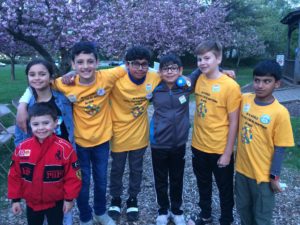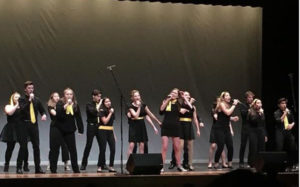Benefiting from Extracurricular Activities
January 17, 2020

In addition to the “reading, writing and ‘arithmetic” academic instruction that schools are responsible for, additional skills can be learned through extracurricular activities. Schools must ensure that students with special needs can participate in these offerings with typical peers to the maximum extent appropriate to their unique needs.
What are Extracurricular Activities?

Benefits
There are invaluable benefits to participating in extracurricular activities. They provide opportunities for students to:
- focus on strengths and interests
- develop skills
- build self-esteem
- socialize

In the IEP
Any school-sponsored extracurricular activities which require accommodations should be listed in the Individual Education Program (IEP). These activities are not limited to activities that “educate the child.” If there is any extent to which a student will not be permitted to participate in extracurricular activities, that must be specified. IDEA stipulates that children should receive a free appropriate public education in the least restrictive environment and be given opportunities to participate in extracurricular activities with their non-disabled peers. The law states, “Each public agency must take steps, including the provision of supplementary aids and services determined appropriate and necessary by the child’s IEP Team, to provide nonacademic and extracurricular services and activities in the manner necessary to afford children with disabilities an equal opportunity for participation in those services and activities” (34 C.F.R. 300.107(a)).
Section 504 of the Rehabilitation Act of 1973 also requires that students with disabilities must be provided an equal opportunity to participate in extracurricular activities. This does not mean that they must be selected for an athletic team or performing arts group, for example. But students with special needs must be provided accommodations if they are necessary for them to try out or, if they make the team, to participate. For example, a school could be required to provide a student with autism a one-to-one aide to facilitate meaningful participation in a club. However, the school is not required to provide accommodations that result in a fundamental alteration in the nature of the program or activity.
For additional information about including extracurricular activities into your child’s IEP or in identifying after school programs, contact Autism New Jersey’s Helpline 800.4.AUTISM. Our online referral database can connect you to programs in your area.
